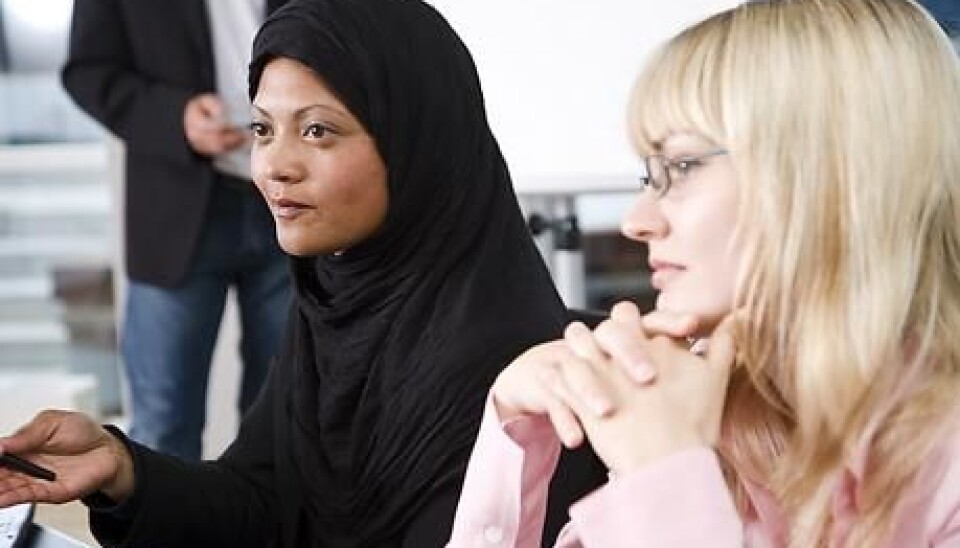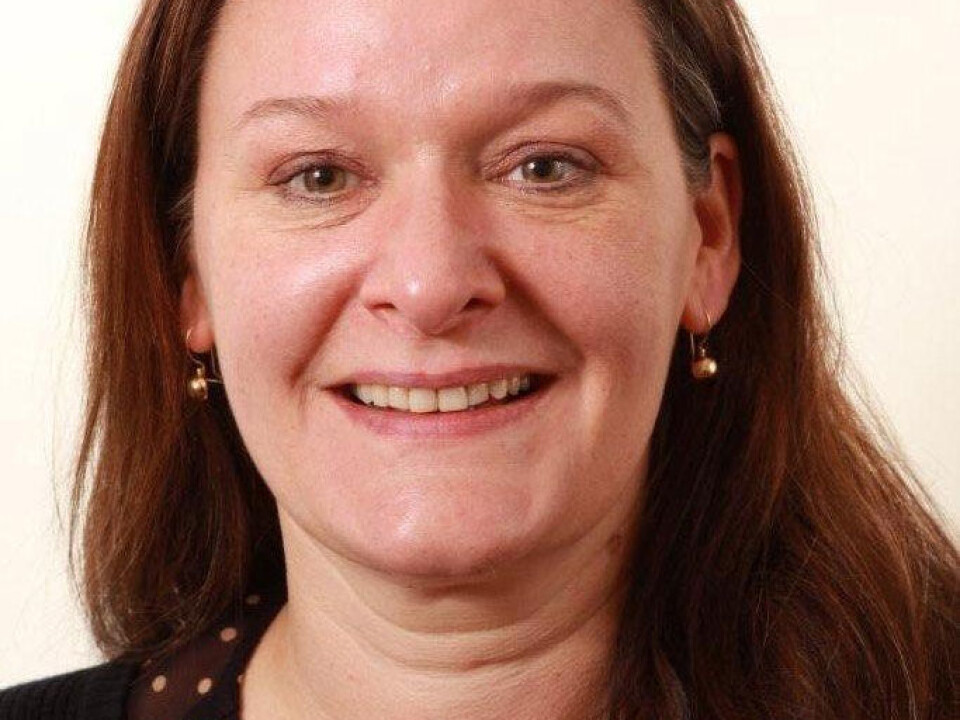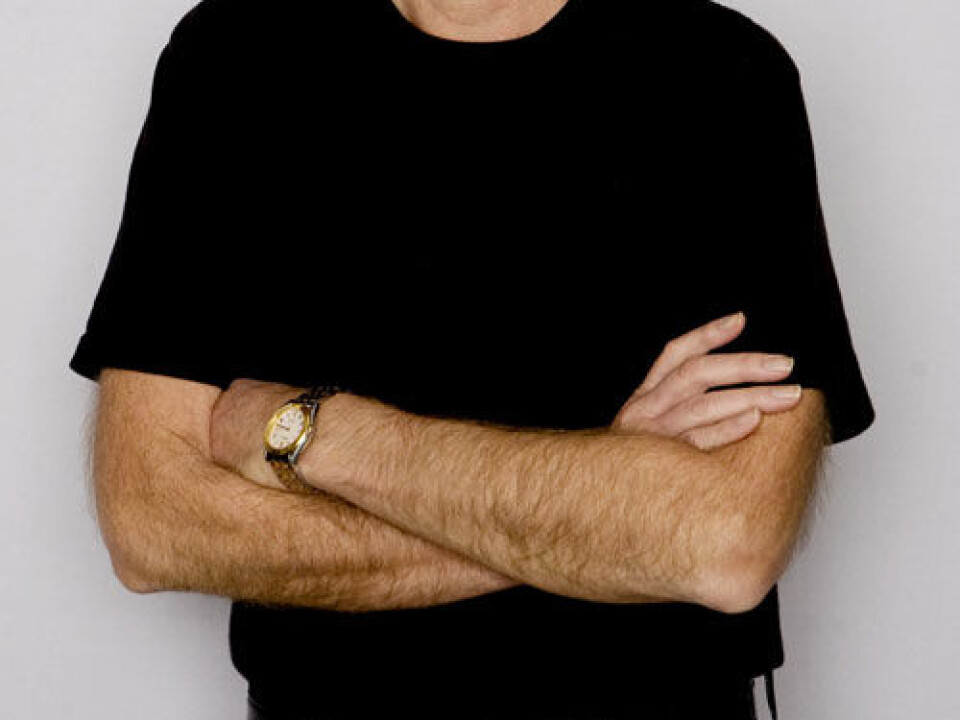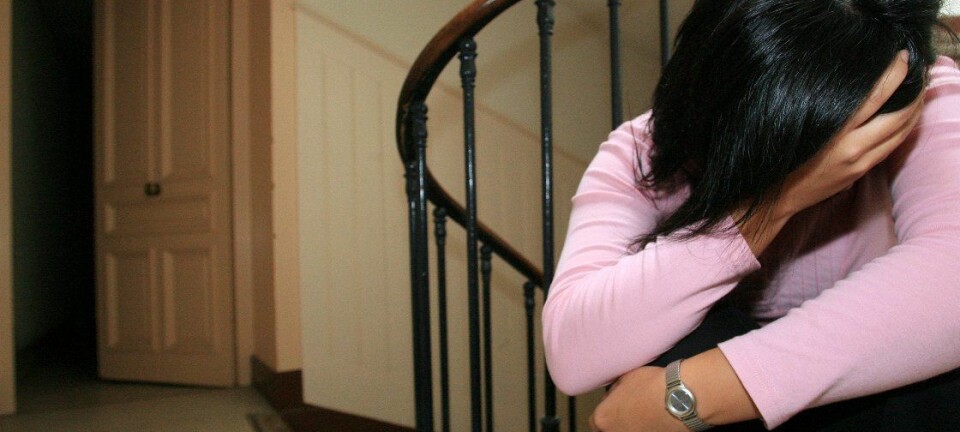
Swedes’ views on immigration get more polarised
Swedes have become generally more positive toward immigration, but a small xenophobic minority might be making a little headway.
The annual “diversity barometer” conducted by researchers at Uppsala University indicates that nearly 74 percent of Swedes are currently positive towards the country’s mounting ethnic diversity. That’s a whopping six percent increase since last year.
Although an increasing number of Swedes had warmed to ethnic changes in the population, a xenophobic minority also made a slight gain. In 2013, six percent answered that they are totally opposed to ethnic diversity in Sweden – up slightly from five percent in 2012.
“In the short run we see a certain polarisation of attitudes towards diversity, but the long-term tendencies show that positive attitudes have stabilised at about 70 percent. The share of extremely negative attitudes is also fairly stable. They are held by around five percent of the Swedish population,” says Orlando Mella, a professor of sociology at Uppsala University.
He is one of the initiators of the annual opinion poll called Mångfaldsbarometern.
Generally positive

A majority of Swedes support immigrants’ cultural, linguistic and social rights in their country.
However, a majority think that private, parochial or religious schools are counterproductive to social integration, and only six percent totally or partially disagree with this claim.
Sweden is well known for its longstanding generosity in providing a haven to refugees. Nevertheless, there is a persistent and widespread suspicion that immigrants come to Sweden to enjoy its social benefits. In the 2013 poll a growing number – 38 percent – disagreed with that statement. In general, Swedes are more positive about ethnic diversity at the work place and in their neighbourhoods than in 2012.
Some 74 percent of women - compared to 67 percent of men - were likely to say they had good experiences with immigrants as workmates or schoolmates. People with a university education were more likely to have had better experiences regarding diversity than people who were less educated. Such positive attitudes were seen to be on the rise among all four age groups the poll uses.

This year the poll was based on responses by 762 randomly selected participants, who answered 30 questions that were sent out and returned by post.
“They comprise a statistically representative selection. These are individuals who represent all of Sweden,” says Mella.
No increased polarisation in Norway
“Much of this can also be said of Norway, except the rising share of those who are extremely negative. We can call this an increased in polarisation in Sweden, but I can’t see any clear indications of that in Norway,” says Svein Blom, a researcher at Statistics Norway. “Of course some Norwegians have harshly critical attitudes toward immigrants."
Norway’s Directorate for Immigration and Diversity (IMDi) has its own integration barometer. In 2012 it showed that Norwegians were tending to feel more open toward immigrants and asylum seekers than in its previous poll, taken in 2010.
The results of this year’s poll are unknown, as the data are still being collected. The 2013 results of Statistics Norway’s annual study of attitudes toward integration and immigration have not been publicised yet.
A clear majority, 80 percent, agreed in 2012 with the statement “Most immigrants make an important contribution to Norwegian working life”, which was a significant increase of five percentage points on 2011, when 75 percent agreed.
Fewer, 73 percent, agreed that most immigrants enrich the cultural life of the country. But only seven percent felt it should be made easier for refugees and asylum seekers to get Norwegian residence permits.
More contact – more inclusiveness
“The more contact we have with immigrants, the more positive we become about diversity,” says Katarina Heradstveit, deputy director of IMDi’s analysis department.
“The biggest changes compared to the survey in 2010 are that fewer are critical of the volume of immigration. Another thing is that fewer regard immigration as a threat to basic Norwegian values. At the same time, another finding is that it’s much more common to think that integration is progressing poorly rather than to think it is progressing well,” she says.
Nearly half, 46 percent, think that integration is faring quite poorly, while 22 percent think it is progressing very well.
Even trends
“The trends in attitudes since 2005 are quite stable, as long as there are no big societal conflicts,” Mella says about public attitudes in Sweden.
This stability can also be seen in IMDi’s integration barometer. Statistics Norway researcher Blom thinks there is a link between public views on immigration and the ups and downs of the business cycle.
“In addition to the tendency since 2005 towards greater acceptance, it would seem that it’s easier to say immigrants are okay when the Norwegian economy is thriving. It seems that this makes for more generosity,” he says.
Norwegians recently elected a conservative coalition government that includes a right-wing party that tends to be sceptical of non-Western immigrants. Sociologists and others are eager to see how trends will fare in IMDi’s new integration barometer and Statistics Norway’s new household survey for 2013.
-------------------
Read the Norwegian version of this article at forskning.no
Translated by: Glenn Ostling











